Mr. ShowmanShip of the Piano: Liberace
Better known as just Liberace, Wladziu Valentino Liberace was born on the 16th of May, 1919. Born of Polish-Irish parents, he was born with a caul – a membrane covering him when he was born. In some cultures, including the cultural background that Liberace came from, being born with a caul was a sign that the new born was going to be genius in life. True or not, he was a great entertainer otherwise he would have not earned the names – Mr. Showmanship and The Glitter Man.
His father used to blow a horn in many bands and in movie theaters. When it didn’t pay the bills, he had the odd job here and there, working as a laborer. While the father taught the family to learn to value music, Liberace’s mother was one who didn’t agree that investment in music – be it a music player or music lessons – was a wise investment taking into consideration the amount of poverty that they lived in.
Liberace was quoted saying later in career that it was his father’s love for music, which he imbibed in his children was what taught him his musical values. Liberace’s musical education began with the piano classes that he started attending. The concerts that he was taken to and the way they were put to task, to practice and grow in music, imbibed in Liberace the need to be excellent.
Liberace’s obvious talents were noticed by the fact that at age seven, he learned many difficult pieces of music. He became well versed with fellow Polish pianist Paderewski’s work, whom he met when he was eight years old. His meeting with Paderewski greatly fired him up and he admitted that his new found passion for the piano post meeting Paderewski made his the passion previous to the meeting look like neglect, Liberace later said.
Apart from the music side of things, the family was not doing well. The Great Depression has reduced their manner of living greatly. Liberace had a speech problem which he was ridiculed for, in addition to him not being sports savvy and had liking to cook. For ten years, he studied under the able guidance of his teacher Florence Kelly. He learned all he could simultaneously playing gigs wherever he could find them for various occasions.
His first group was the mixers which he formed in 1934. He decided to name himself Walter Busterkeys during this period of time. He started making the style statement that he would be known for in his later life as an entertainer. It got a lot of attention which worked for him.
In 1937, Liberace competed in a music competition where he won the appreciation for his flare and showmanship. At 21, he was playing with the Chicago Symphony Orchestra. In 1942 Liberace made a switch to a more pop sound as opposed to playing classical music which was his forte.
He had to struggle making a career in the early 40’s, but by the time the 40’s ended, he was pretty well established. The reason for this was that he moved on from classical piano, to a more commercial pop sound which was more fun and he made the change from piano player to an all round entertainer.
He used the attention seeking acts that he used when he was growing – only this time he was getting more attention as a result of them. He started talking to the crowds and interacting with them instead of just playing for them. He even had a phonograph accompany him at times. What drove the drive to innovate the way he did was the wish that he had to connect directly with his audience and also to escape the reality of the struggle that a classical pianist would go through at the time.
He tried his hand at soundies too. Soundies were the early versions of the music videos, that we have now. He used the acts that he used to enthrall people with at his nightclub gigs and reproduced them in the soundies that he was in. He became a regular at Las Vegas.
His innovativeness took him to extremes to see that he was the talk of the town, that he got people’s attention. He finally took his final stage name Liberace, categorically stating that it should be pronounced as “Liber-Ah-Chee”. Liberace extended his fans base to the rich and famous at whose parties he was a regular act.
In 1947, he brought a gold plated piano to go with the image that he projected then of being Liberace – the most amazing piano virtuoso of the present day.


